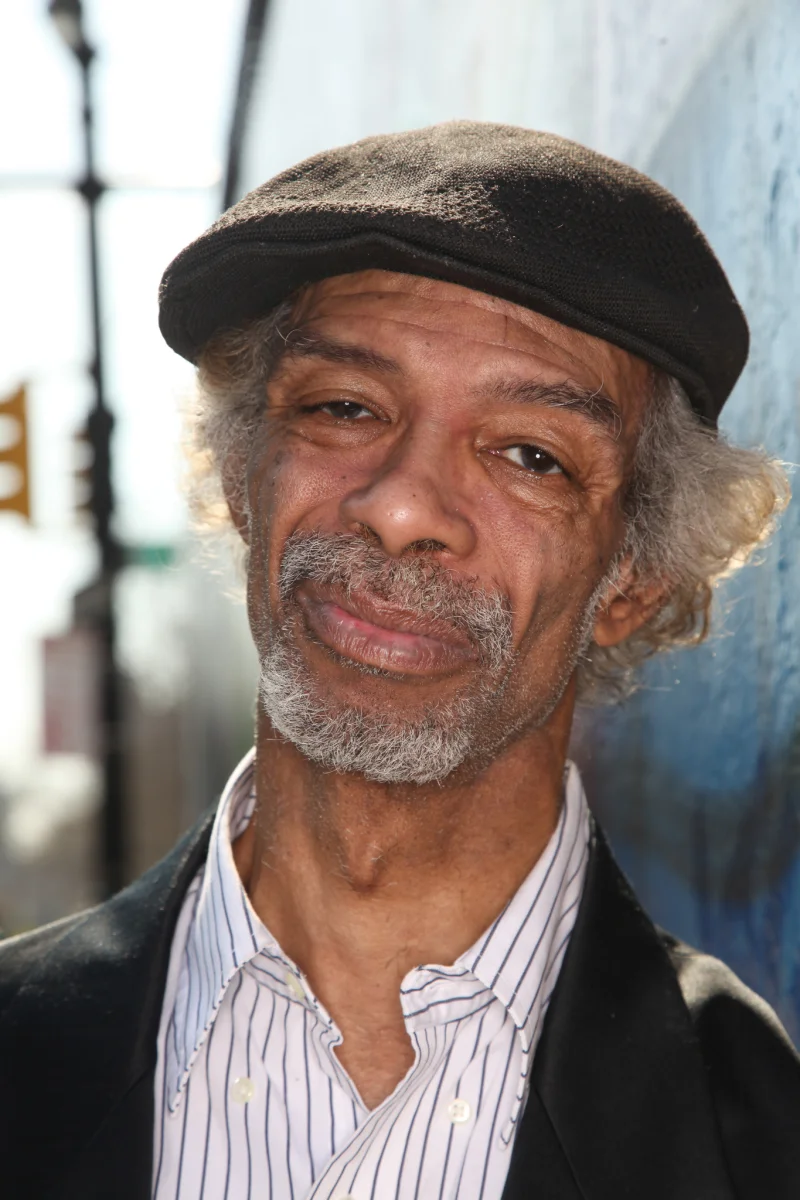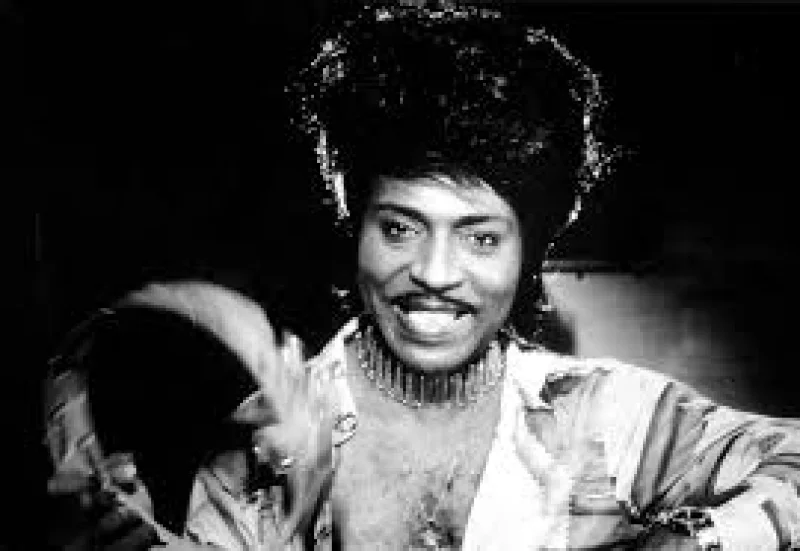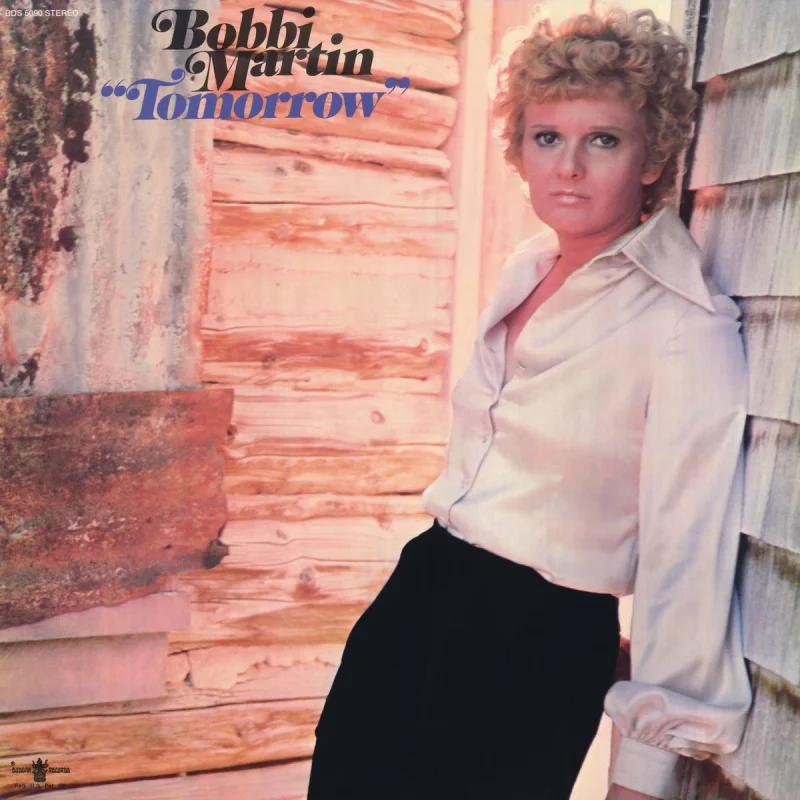Short Summary
Gil Scott-Heron was an influential American musician, poet, and author, often credited as a key figure in the evolution of rap and hip-hop music. Known for his insightful and socially conscious lyrics, he became famous for his spoken-word performances that addressed political and social issues. His work significantly impacted music and culture, earning him the title "the Godfather of Rap" and leaving a lasting legacy in both literature and music.
Early Life & Education
Gil Scott-Heron was born on April 1, 1949, in Chicago, Illinois. Raised in Jackson, Tennessee, and later in the Bronx, New York, he was exposed to a mixture of cultures and ideas. His mother was an opera singer, and his father was a Jamaican soccer player, instilling in him a diverse cultural background. He attended DeWitt Clinton High School and later The Fieldston School on a full scholarship. Scott-Heron continued his education at Lincoln University in Pennsylvania, where he was influenced by the civil rights movement and began writing poetry, shaping his future artistic endeavors.
Career Highlights
Scott-Heron's career took off with the release of his first album, "Small Talk at 125th and Lenox," in 1970. The album featured the iconic track "The Revolution Will Not Be Televised," which became a cultural anthem. Throughout the 1970s and 1980s, he released a series of influential albums, including "Pieces of a Man" and "Winter in America," blending jazz, blues, and soul with politically charged lyrics. As a writer, he authored novels such as "The Vulture" and "The Nigger Factory," further establishing his reputation as a powerful voice in both music and literature.
Major Achievements
- Released "The Revolution Will Not Be Televised," a seminal work in spoken-word music.
- Pioneered the fusion of jazz, blues, and soul with socially conscious lyrics.
- Authored several novels, showcasing his literary talent and addressing social issues.
- Influenced the development of rap and hip-hop, earning the title "the Godfather of Rap."
- Received a posthumous Grammy Lifetime Achievement Award in 2012.
Famous Quotes
- "The revolution will not be televised."
- "You will not be able to plug in, turn on, and cop out."
- "I’m a human. I’m a man. I’m a son. I’m a father. I’m a black man and I’m proud of it."
Interesting Facts
- His father, Gil Heron, was the first black soccer player in the Scottish League.
- He was a friend and collaborator of jazz musician Brian Jackson.
- Scott-Heron's work is credited with influencing artists like Kanye West and Kendrick Lamar.
- He was known for his deep, resonant voice and commanding stage presence.
- Struggled with addiction issues throughout his life, which he openly addressed in his work.
Legacy / Influence
Gil Scott-Heron's legacy endures through his profound influence on the rap and hip-hop genres, inspiring generations of artists with his fearless social commentary and innovative musical style. His work continues to resonate with audiences, addressing issues of race, inequality, and justice. His contributions to both music and literature have solidified his status as a pioneering cultural icon, whose impact is felt across multiple artistic disciplines.
FAQ
Q: Why is Gil Scott-Heron famous?
A: He is famous for his pioneering role in spoken-word music and his significant influence on rap and hip-hop.
Q: What is "The Revolution Will Not Be Televised"?
A: It is a spoken-word piece by Scott-Heron that critiques media and consumer culture, becoming a cultural anthem.
Q: What genres did he incorporate into his music?
A: He blended jazz, blues, and soul with socially conscious lyrics.
Q: Did he write any books?
A: Yes, he authored novels such as "The Vulture" and "The Nigger Factory."













